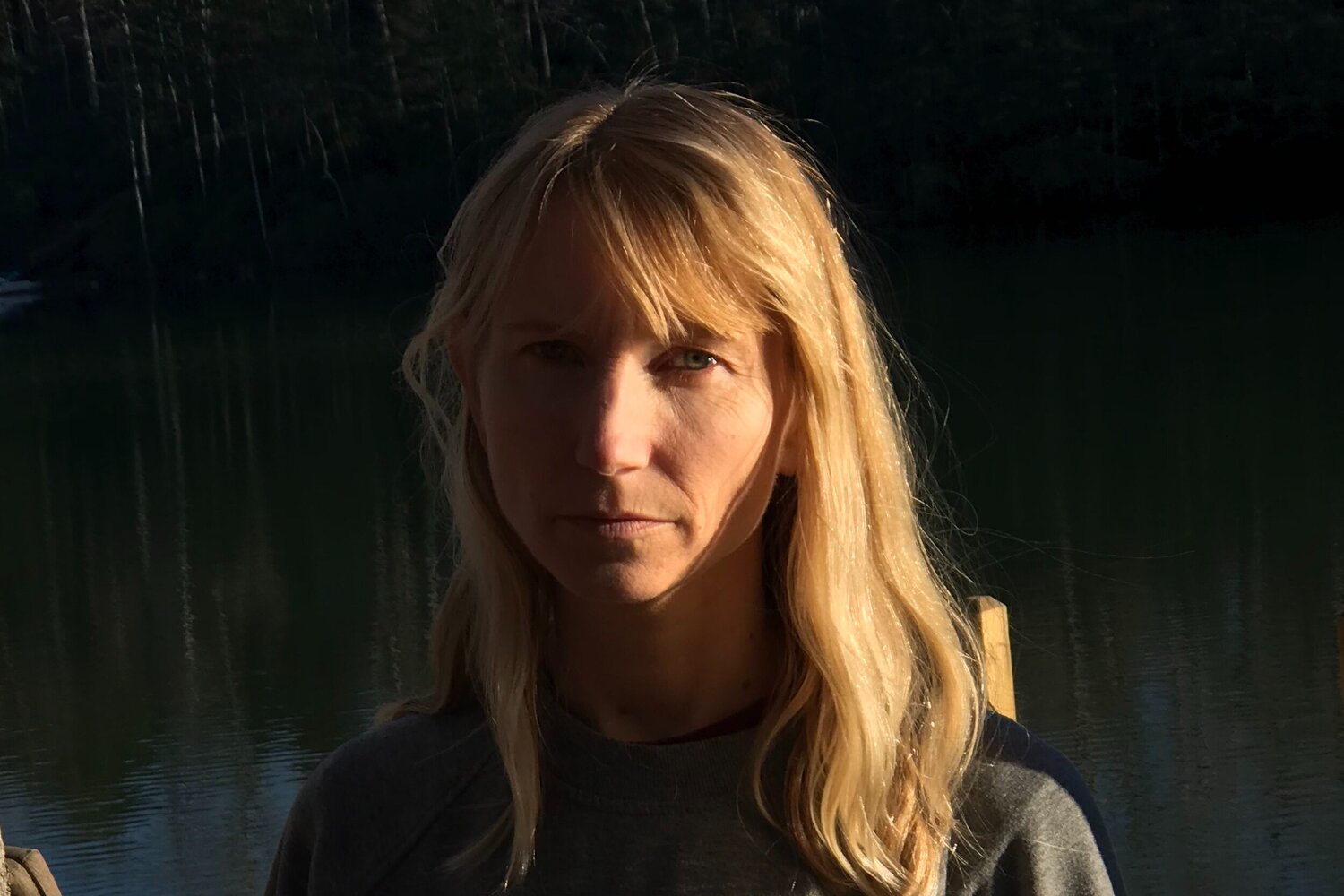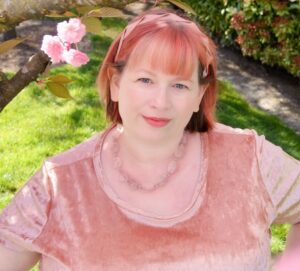
Paperback, 90 pgs.
I am an Amazon Affiliate
Dancehall by Tim Stobierski, touring with Poetic Book Tours, is a collection in a five-act play format with poems that crescendo into an unforgettable love story. Stobierski’s poems are tender and full of emotion. In Act One, you’ll be enchanted by “Just as Sparrows,” in which a lover is compared to sparrows looking through the grass for that perfect morsel — holding the narrator’s heart gently but for what seems like just a moment. In that moment, a heart is captured and the journey of love begins.
And like a word (pg. 8) I ache to be spoken-- to cling to your lip and fall from your tongue-- to crack in your voice and catch in your throat. Speak me into being.
There is longing, desire, love, and so much wonderment at attachment and love. The opening act is like that initial rush of lovers who have eyes only for each other. It will bring you back to those early days.
“Press into me/as night/presses/into a canyon.//” says the narrator in “Want.” (pg. 20) We’re moving into the full love of this relationship and navigating the early relationship awkwardness. The narrator is opening up to this feeling of love and discovering the depths of it, nearly losing himself but reveling in it. But of course, what relationship is complete without disagreement?
Don’t we all try to bend and fit in a narrative not our own, make ourselves smaller and appease our lovers. “If I am too much to hold,/fold me in half/so I will fit in your arms.//” (“Crease”, pg. 30) Readers are now moving into the maturing of a relationship and realizations that all is not paradise, but the love still binds the narrator to his lover. In “If this is it,” the narrator says, “rest your head upon my chest/one last time,/and I will run my fingers/through the soft hairs/at the nape of your neck.//” (pg. 33)
Dancehall by Tim Stobierski is a beautiful collection full of tenderness and ache, and the poems will invest you in this love story from the start. Stobierski’s lines and images are endearing and heartbreaking. Don’t miss this collection.
RATING: Cinquain

Tim Stobierski writes about relationships. His work explores universal themes of love, lust, longing, and loss — presented through the lens of his own experiences as a queer man. His poetry has been published in a number of journals, including the Connecticut River Review, Midwest Quarterly, and Grey Sparrow. His first book of poetry, Chronicles of a Bee Whisperer, was published by River Otter Press in 2012.
To pay the bills, he is a freelance writer and content strategist focused on the world of finance, investing, fintech, insurance, and software. In his professional writing, he prides himself on his ability to help the reader understand complicated subjects easily, a quality that informs his poetry.
He is also the founder and editor of Student Debt Warriors, a free resource for college students, graduates, and parents who are struggling to make sense of the complex world of student loans. Follow Tim on Instagram.




 About the Poet:
About the Poet:
 About the Poet:
About the Poet:
 About the Poet:
About the Poet:


 About the Poet:
About the Poet:

 About the Poet:
About the Poet:




